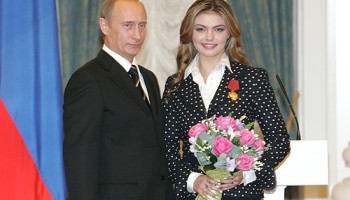The petition, published on the Russian Public Initiative website, proposes the introduction of a new offense, “illicit enrichment”. It would be based on Article 20 of the UN Convention Against Corruption (UNCAC), which Russia ratified in 2006. After reaching 100,000 signatures on Dec. 9, the initiative must be examined by a working group that will decide whether to move forward with the draft law.
The civic project has not been met with universal enthusiasm. Sergey Ivanov, chief of staff to Russian President Vladimir Putin, suggested there was no need for the new offense, saying that Russia’s current law already meets UNCAC standards. “Russia ratified the Convention in full, without any exceptions or omissions, just as most countries around the world,” he said on Dec. 10. “Our legislation fully agrees with that international convention.”
Alexei Navalny, the opposition politician who led the initiative as founder of the non-profit Foundation for Fighting Corruption, responded that the petition could not be brushed aside. “The draft law exists as a legal fact,” he wrote on his blog. He promised to send documents to the working group disproving “basic myths” about the bill, such as it being “already ratified” and that it “violates the presumption of innocence”.
Ivanov has acknowledged the problem of graft in the country, but warned against excessive optimism. “Very many unresolved problems remain, there is no magic pill that can defeat corruption,” he said. “The law-enforcement bodies’ consistent efforts over the past year, the improvement of legislation, the expansion of public control mechanisms, including media attention, have enabled us to achieve certain results, perhaps small but specific ones.”





